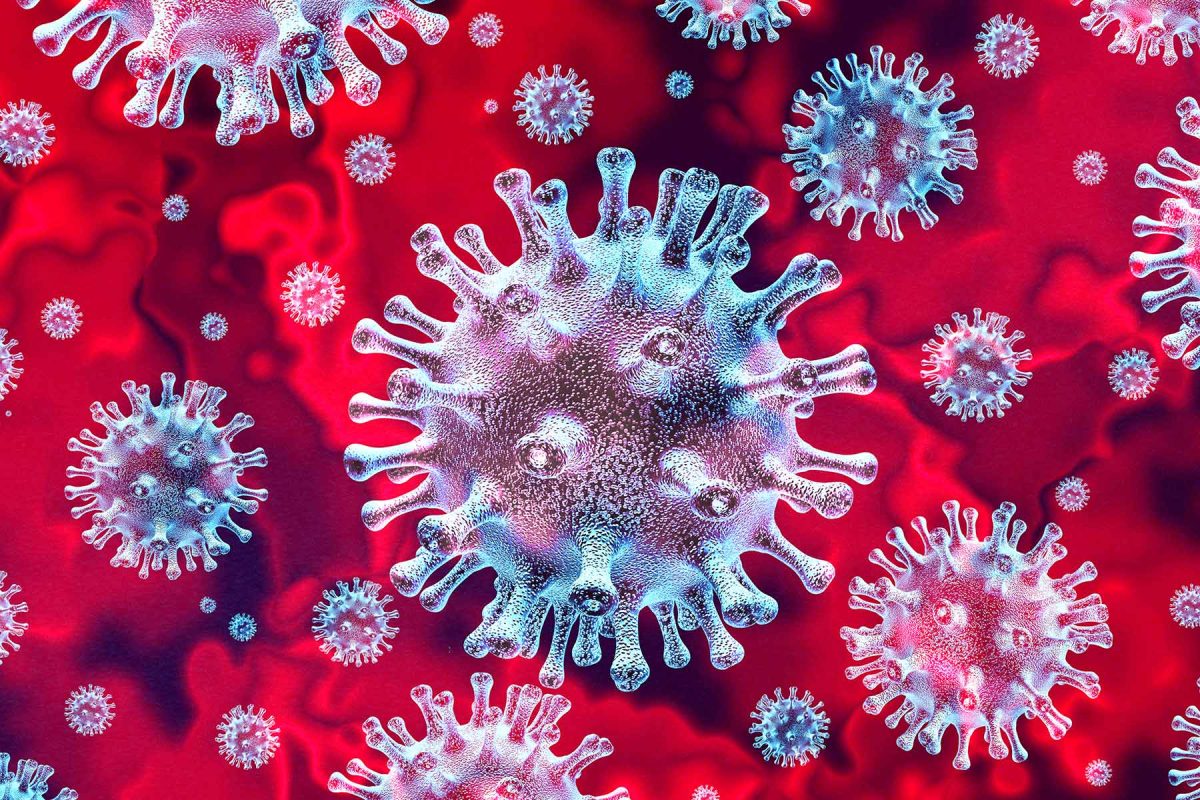Amid the rise in COVID-19 cases and deaths, Health Minister Dr. Frank Anthony today said that dozens of persons are in state hospitals because of the virus and many of them require breathing assistance.
The death toll hit 250 today following the passing of a woman.
Meanwhile, Anthony said that the Ministry is putting arrangements in place to have samples sent overseas for genetic sequencing to determine whether a variant is circulating in Guyana.
During today’s COVID-19 update, Anthony said that they have observed that there has been an increase in COVID-19 cases within the past two months in Regions Four, Three and Seven and more infected persons requiring hospitalization in various regions.
He said there are 54 persons currently admitted at the Infectious Diseases Hospital at Liliendaal while dozens of others are being taken care of at the Linden Hospital Complex, the West Demerara Regional Hospital and the New Amsterdam Hospital. The majority of the patients, he said, require breathing assistance.
These observations have allowed for speculation that a more deadly COVID-19 variant is circulating in the country and while this may be so, Anthony said, Guyana does not have the capacity to determine which of the variants is being transmitted as there are several around the world. He said that while they had sent 10 samples to the Caribbean Public Health Agency (CARPHA) during the earlier part of the year for genetic sequencing, the results were not able to say if there were any variants in Guyana.
However, the Ministry has been collecting samples and is working on putting arrangements in place with CARPHA so the genetic sequencing can be done to determine if a variant is circulating here and which one. “We have collected samples that we would like to send but we would have to make those arrangements… we are working on it,” he said.
Other than the ten samples that were sent to CARPHA in January, no other samples were sent for genetic sequencing.
In March, Anthony had said that Guyana is expected to increase its testing for variants of the novel coronavirus through a new partnership with the Icahn School of Medicine at Mount Sinai in New York, USA. There has been no further word on this.
He noted that some experts have said that there are mutations every two weeks and while most do not have any clinical significance there are some that have a great impact on the trajectory of the virus.
Further, he said, many countries are witnessing their third wave of the pandemic and based on observations they have started working on strategies which will help reduce the spread of the virus. The minister said that this was why they have been encouraging persons to adhere to public health measures and take all precautions. However, many persons are refusing to abide by the measures and this will result in faster spread of the virus, he said.
Anthony urged persons to stop breaching the national COVID-19 measures and also encouraged the public to report large gatherings at bars or privately as the Task Force cannot be everywhere at once. He noted that there are also limited resources to expend hence why it is critical for persons to start adhering to public health measures.
According to the United States Centers for Disease Control and Prevention, there are several variants of concern and one was identified in the United Kingdom called B.1.1.7. This COVID-19 variant appears to spread more easily and might have an increased risk of death.
A second was identified in South Africa called B.1.351. Like the UK’s variant this appears to spread more easily and has a moderate impact on the effectiveness of monoclonal antibody medications and moderately reduces the effectiveness of antibodies generated by a previous COVID-19 infection or COVID-19 vaccine. There is also a variant identified in Japan/Brazil, P.1, which has a moderate impact on the effectiveness of monoclonal antibody medications. It also reduces the effectiveness of antibodies generated by a previous COVID-19 infection or a COVID-19 vaccine. Two others were identified in California.
Scientists are also monitoring two variants identified in New York — B.1.526 and B.1.525 — and another variant identified in Brazil — P.2.





